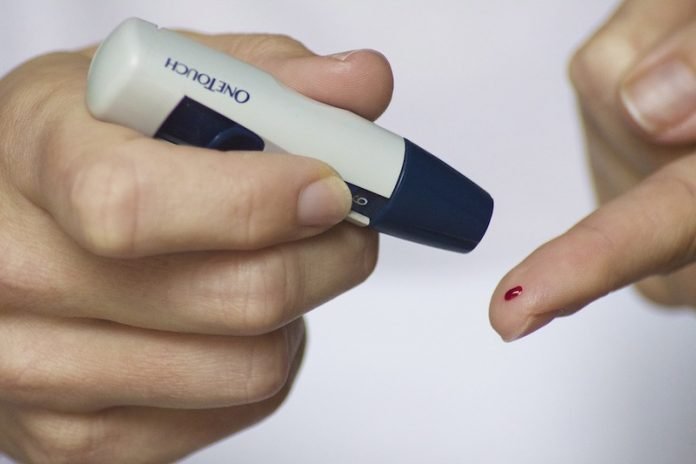
Since the Middle East respiratory syndrome coronavirus (MERS-CoV) first emerged in Saudi Arabia in 2012, there have been more than 2,400 confirmed cases of the infection, resulting in greater than 800 deaths – an alarming fatality rate of 35%.
For this reason, researchers have been eager to identify any risk factors that contribute to the development of the severe or lethal disease.
Current clinical evidence points to diabetes as a major risk factor in addition to other comorbidities including kidney disease, heart disease, and lung disease.
In a new study, researchers found how diabetes contributes to mortality from MERS-CoV infections.
The finding could shed light on why other respiratory illnesses like the flu or pneumonia might strike those with diabetes more severely.
The research was conducted by a team from the University of Maryland and the Johns Hopkins University.
The team examined the connection between diabetes and MERS-CoV in a mouse model and discovered that although the virus did not replicate more readily in the diabetic mice compared to the healthy controls, the diabetic mice exhibited a delayed and prolonged inflammatory response in the lung.
Diabetic mice had lower levels of inflammatory cytokines and fewer inflammatory macrophages and T cells.
This shows that the increased severity of MERS-CoV infection in patients with diabetes was likely due to a malfunction in the body’s response to infection.
The team says understanding how diabetes contributes to disease severity following MERS-CoV infection in this context is critical.
Their next step is to determine what drives the altered immune response in diabetics and how to reverse those effects with therapeutics for the treatment of patients.
Follow up research could also explore whether health care providers should double their efforts to manage and stabilize glucose levels in patients with diabetes experiencing a dangerous respiratory infection and whether better management would help mitigate the effects of these infections.
One author of the study is Matthew Frieman, Ph.D., an associate professor of microbiology and immunology.
The study is published in the Journal of Clinical Investigation Insight.
Copyright © 2019 Knowridge Science Report. All rights reserved.



